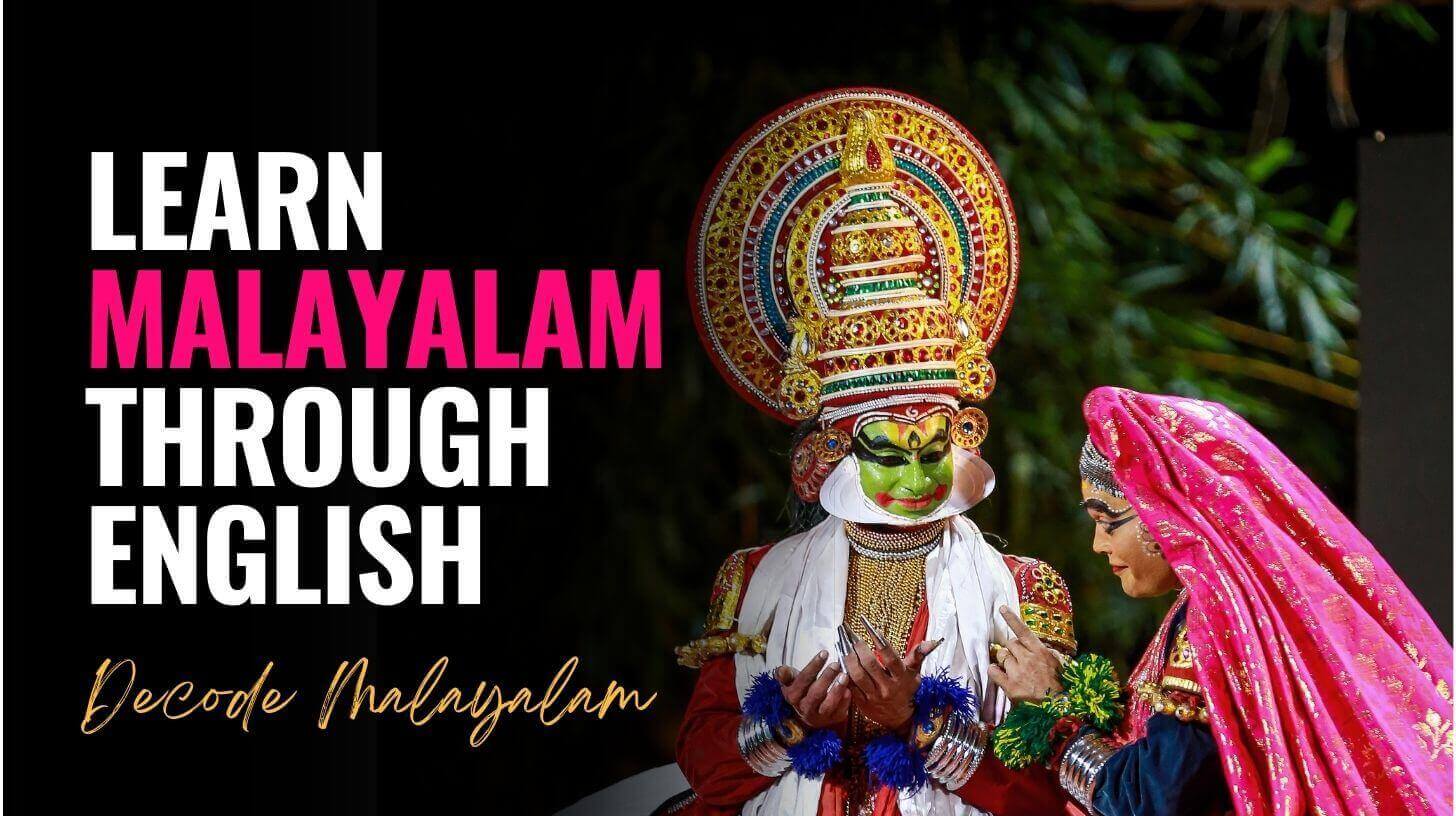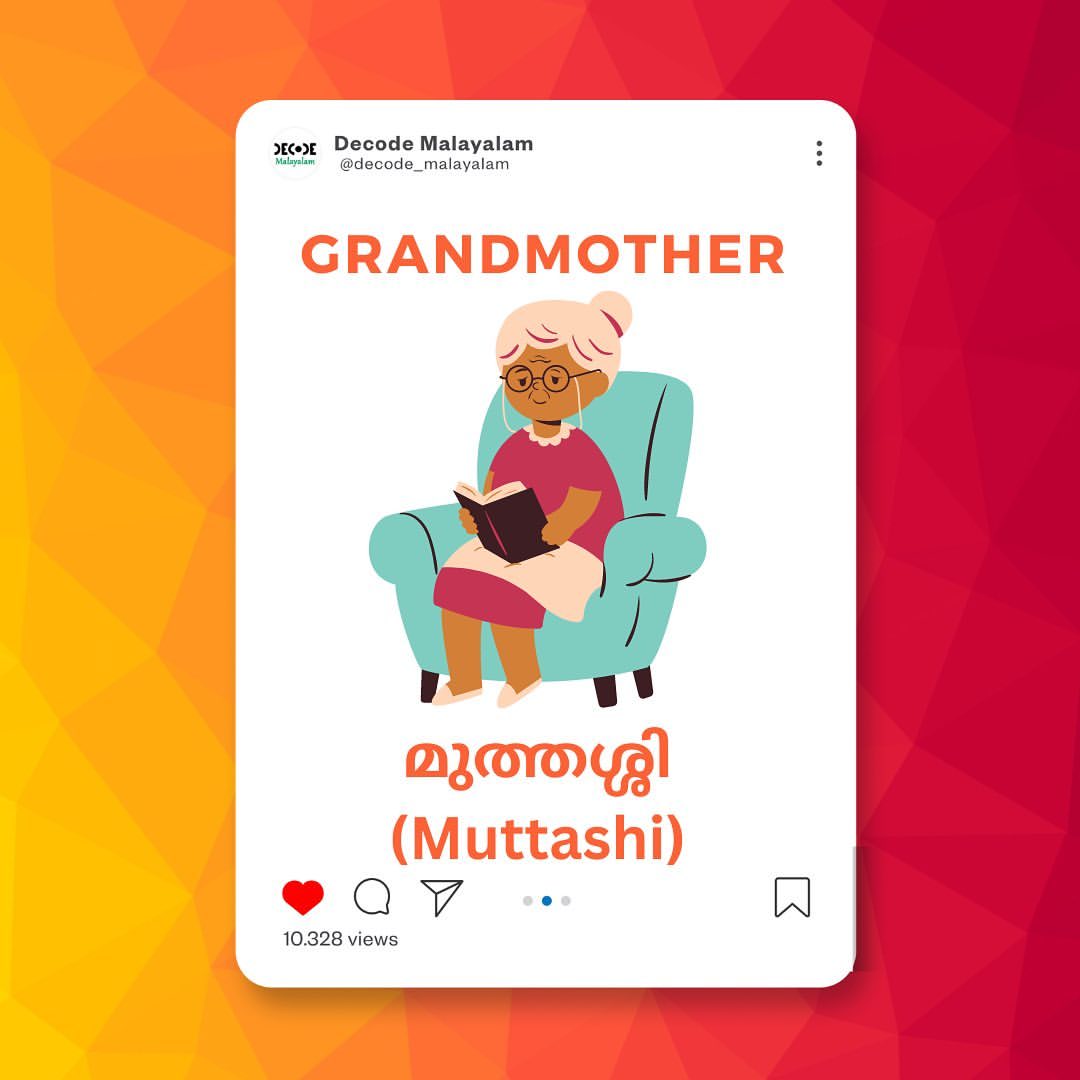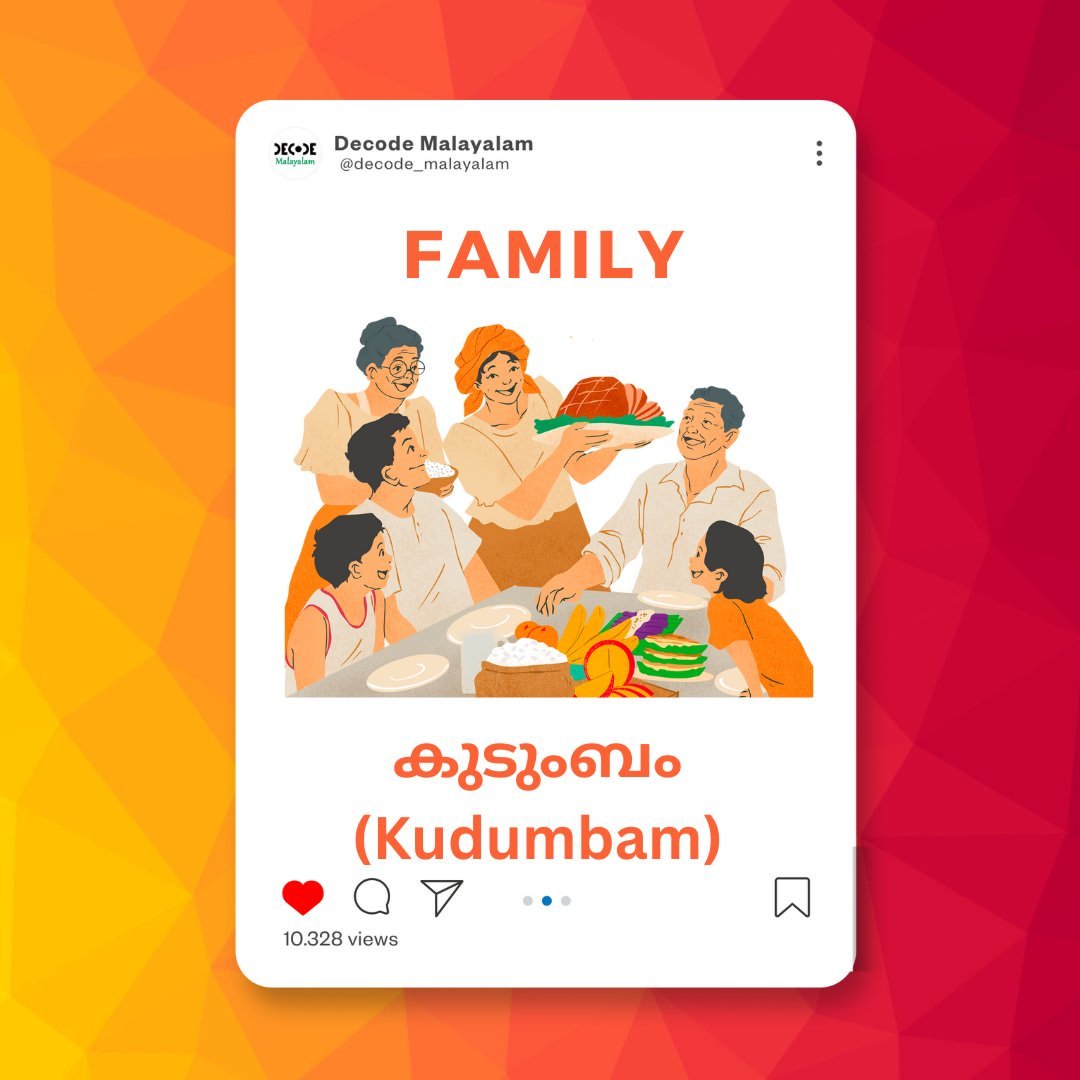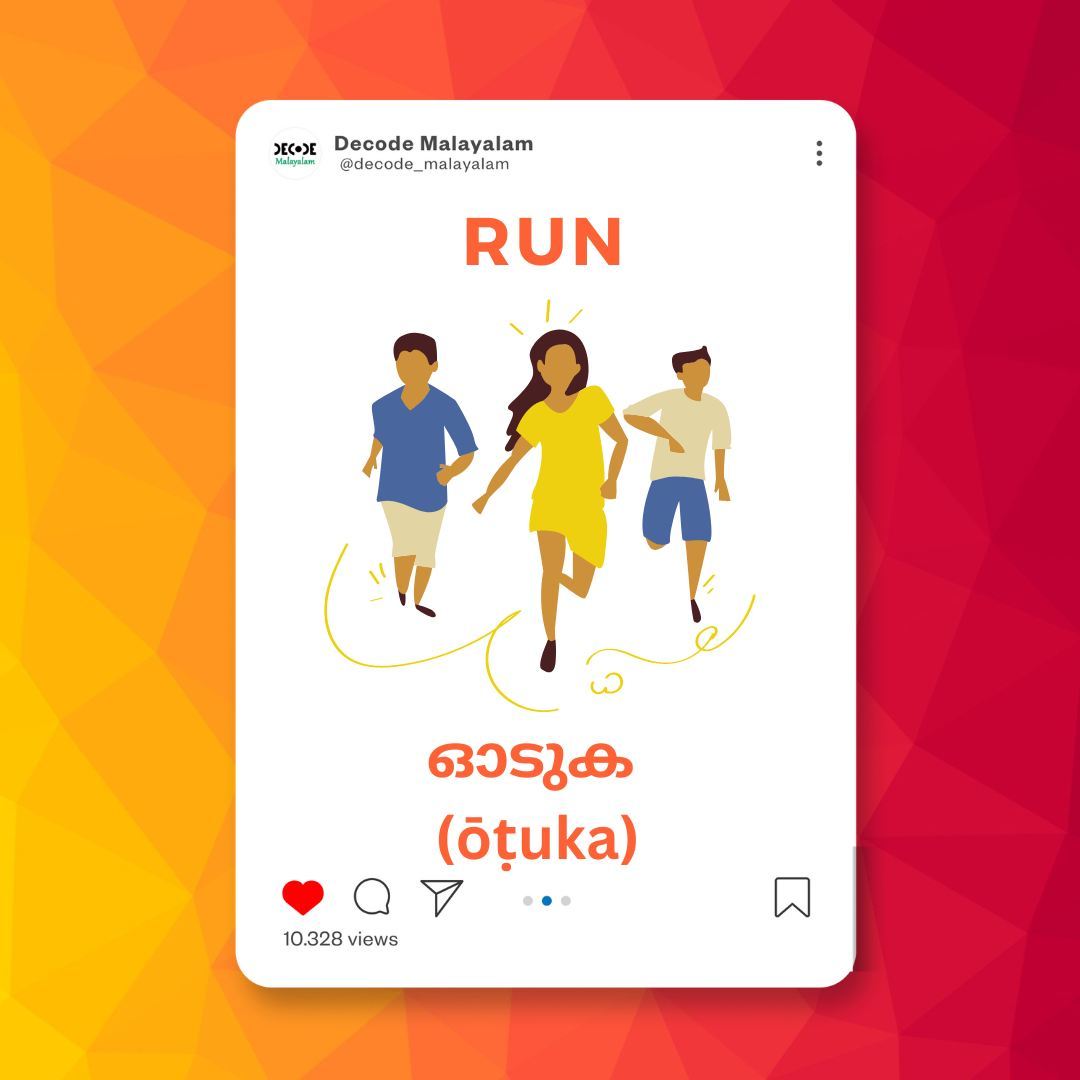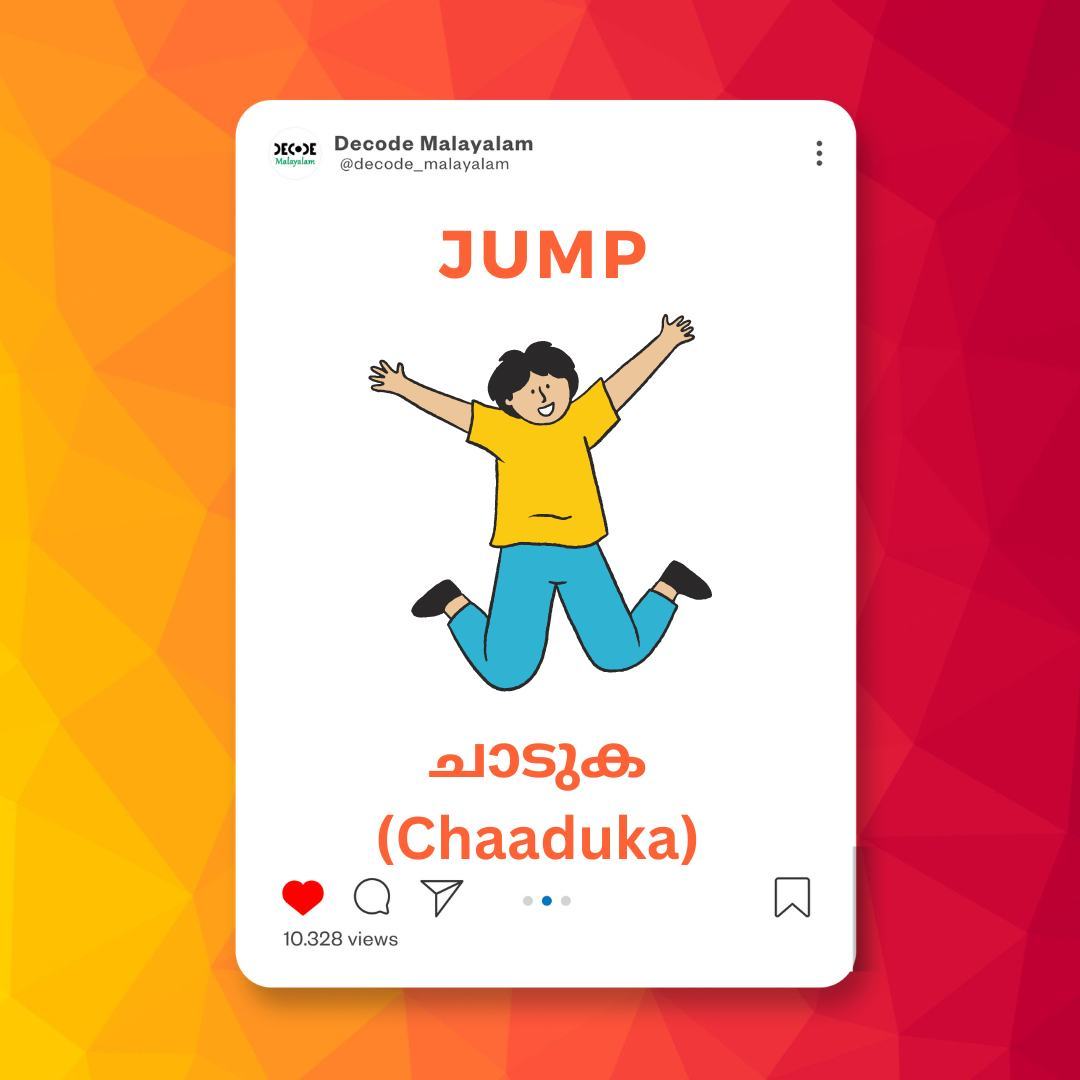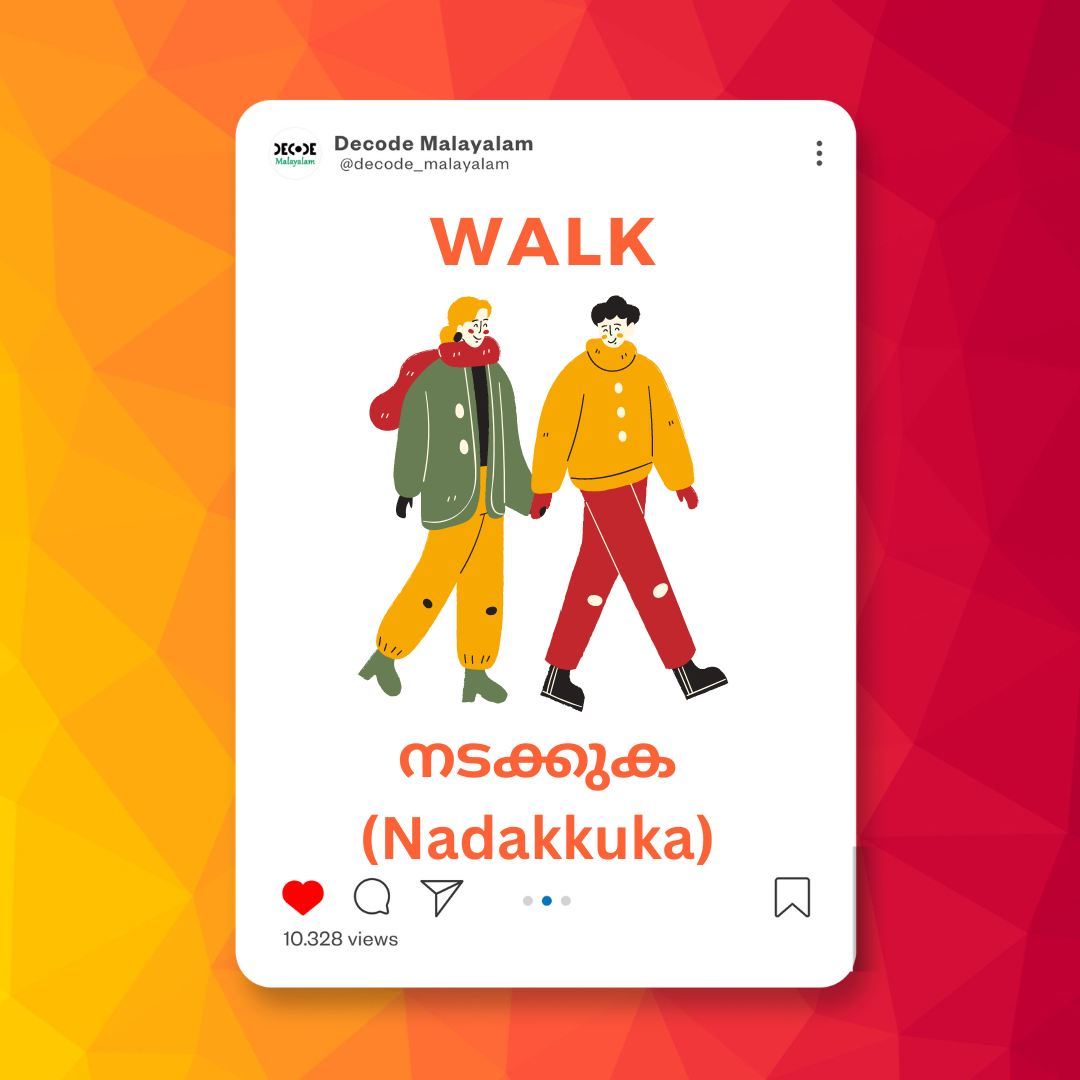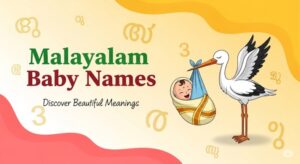Learn Malayalam Through English: A Practical Step-by-Step Guide
Want to speak Malayalam for travel, work, friends, or family? This guide teaches you the most useful Malayalam phrases, a simple pronunciation guide, and basic grammar so you can start talking confidently.
Jump to section
1) Greetings & Essentials: Start speaking today
These are the most practical Malayalam phrases to start with. Use them daily—even if you can’t read Malayalam yet.
| English | Malayalam Script | Transliteration |
|---|---|---|
| Hello / Greetings | നമസ്കാരം | namaskāram |
| Good morning | സുപ്രഭാതം | suprabhātham |
| Good night | ശുഭ രാത്രി | shubha rātri |
| Thank you | നന്ദി | nandi |
| Please | ദയവായി | dayavāyi |
| Sorry | ക്ഷമിക്കണം | kṣamikkaṇam |
| Yes | അതെ | athe |
| No | അല്ല | alla |
| How are you? | സുഖമാണോ? | sukhamāṇō? |
| My name is… | എന്റെ പേര് … ആണ് | ente pēr … āṇŭ |
2) Pronunciation guide for English speakers
Malayalam pronunciation is consistent, but a few sounds are new to English speakers. Focus on clarity first, speed later.
Key sounds to notice
- അ / ആ = short/long “a” (like “uh” vs “aa”)
- ഉ / ഊ = short/long “u”
- ട / ത: Malayalam has different “t” sounds (retroflex vs dental). Don’t worry—native speakers still understand you if you speak clearly.
- Special letters: ള (ḷa), റ (ṟa), ഴ (zha) can take time—practice slowly.
3) Basic grammar: Malayalam uses S-O-V (Subject-Object-Verb)
This is the biggest “logic shift” for English speakers. Malayalam sentences often end with the verb. So instead of I drink tea (S-V-O), Malayalam commonly follows I tea drink (S-O-V).
| English (S-V-O) | Malayalam (S-O-V) | Transliteration |
|---|---|---|
| I drink tea. | ഞാൻ ചായ കുടിക്കുന്നു. | ñān chāya kuḍikkunnu |
| He reads a book. | അവൻ പുസ്തകം വായിക്കുന്നു. | avan pusthakam vāyikkunnu |
| We are going home. | ഞങ്ങൾ വീട്ടിലേക്ക് പോകുന്നു. | ñangaḷ veettilekku pōkunnu |
Simple question pattern
A quick way to ask yes/no questions is to add a question tone or ending like … ആണോ?
- ഇത് നിങ്ങളുടെതാണോ? — Is this yours? (ith ninte/ningaḷuṭethāṇō?)
- സുഖമാണോ? — Are you fine? (sukhamāṇō?)
Useful “location” endings (postpositions)
- -ൽ = “in/at” (കോട്ടയിൽ / വീട്ടിൽ)
- -ഇലേക്ക് = “to/towards” (വീട്ടിലേക്ക്)
- -കൂടെ = “with” (നിനക്കൂടെ)
4) Daily life scenarios: Shopping & Travel
Now you’ll use your Malayalam phrases + basic grammar in real situations. Practice these out loud.
Shopping (price, quantity, bargaining)
| English | Malayalam Script | Transliteration |
|---|---|---|
| How much is this? | ഇത് എത്രയാണ്? | ith ethra āṇŭ? |
| Please give me this. | ഇത് തരൂ, ദയവായി. | ith tharū, dayavāyi |
| Do you have a smaller size? | ചെറുത് ഉണ്ടോ? | cheruthŭ uṇṭō? |
| It’s expensive. | വില കൂടുതലാണ്. | vila kooduthal āṇŭ |
| Can you reduce the price? | കുറച്ച് കുറക്കാമോ? | kurachŭ kurakkāmō? |
Travel & directions
| English | Malayalam Script | Transliteration |
|---|---|---|
| Where is the bus stand? | ബസ് സ്റ്റാൻഡ് എവിടെയാണ്? | bas stand evide āṇŭ? |
| How far is the railway station? | റെയിൽവേ സ്റ്റേഷൻ എത്ര ദൂരമാണ്? | railway station ethra dūram āṇŭ? |
| Please go straight. | നേരെ പോകൂ, ദയവായി. | nēre pōkū, dayavāyi |
| Turn right. | വലത്തോട്ട് തിരിയൂ. | valathōṭṭŭ thiriyū |
| Turn left. | ഇടത്തോട്ട് തിരിയൂ. | idathōṭṭŭ thiriyū |
5) Common mistakes English speakers make in Malayalam
- Using English word order (S-V-O): Malayalam typically prefers S-O-V. Start with “I + object + verb”.
- Mixing non-Malayalam greetings: Avoid “Vanakkam” (Tamil) or “Shukriya” (Arabic) when learning Malayalam basics. Use നമസ്കാരം and നന്ദി.
- Overusing “ആണ്” everywhere: Malayalam often drops “is/are” in casual speech. Learn complete sentences first, then shorten naturally later.
- Rushing pronunciation of ള / റ / ഴ: Speak slowly and clearly. Fluency comes after consistency.
- Skipping politeness markers: Adding ദയവായി (please) and respectful address improves real-life communication.
6) 5-minute daily practice plan
- Pick 3 greetings + 2 daily phrases from the tables.
- Say each phrase 10 times slowly (focus on pronunciation).
- Create 2 S-O-V sentences: “I + object + verb”.
- Ask 1 question using
… ആണോ? - Use one phrase with a real person (shop/auto/bus stand) at least once.
FAQs
Is it possible to learn Malayalam through English as a complete beginner?
Yes. Start with essential Malayalam phrases, follow a simple pronunciation guide, and practice basic grammar (S-O-V). With 10–15 minutes daily, you can handle basic conversations in a few weeks.
What is the easiest Malayalam sentence structure for English speakers to start with?
Use S-O-V: Subject + Object + Verb. Example: “I tea drink” → ഞാൻ ചായ കുടിക്കുന്നു (ñān chāya kuḍikkunnu).
How do I improve Malayalam pronunciation quickly?
Focus on key sounds (like ള ḷa, റ ṟa, ഴ zha), speak slowly, repeat short phrases daily, and listen to native Malayalam audio to copy rhythm and stress.
Disclaimer: This page is designed for learning and communication support. Malayalam usage can vary by region and context.

